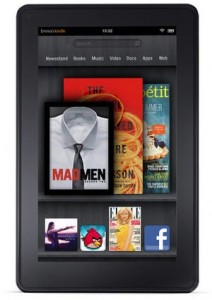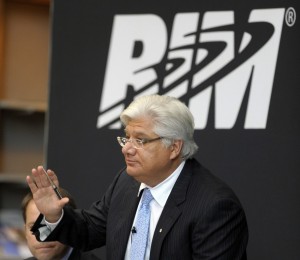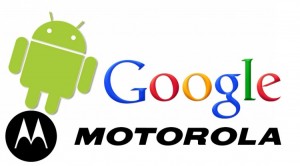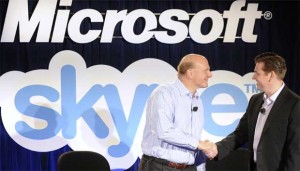While Blackberry, Samsung, and Sony have for the most part been unsuccessful in selling their tablet devices, Apple continues to enjoy incredible profits with another 15 million units estimated to sell within the second half of this year. So what makes Amazon’s attempt to compete any different?
Price. At only $199, the Fire is less than half the price of its competitors, making it an extremely attractive alternative considering its software is even based on Android. But how is it possible for Amazon to profit from this? User content is even saved on Amazon Cloud Storage for free. The answer lies in Amazon’s overall business. Unlike Blackberry, Samsung, and Sony, Amazon is an online retailer. As long as users purchase ebooks, magazines, music, movies, tv shows, etc. from their Kindles, then it does not matter if Amazon makes any profit on the device itself. This simple difference may be the answer to competing with the much more expensive iPad 2. As Blackberry is struggling to get rid of their Playbooks, 95 000 people have ordered the Fire on just the very first day it was announced.
Amazon, together with Google, may stand a chance against Apple. Which would be especially nice for Amazon CEO Jeff Bezos, considering he also owns €1.5 Billion worth in stocks of Google.
Read more at: http://www.independent.ie/business/jeff-bezos-the-battle-of-the-tablets-2893086.html




